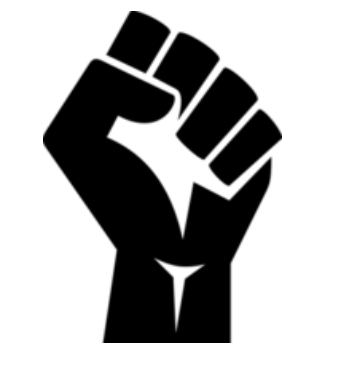
Be a good boy... and why not instead: "Our bodies, our lives, our rights to choose"?
When will individual and collective awareness rise, as it did in the 60s, so that men can reclaim their bodies?
In the 1960s, family planning organizations were set up in the United States, the United Kingdom and France. Margaret Sanger, a nursing activist with extremist political views, initiated the movement. At the time, contraception and abortion were prohibited. Women were subjected to injunctions such as "Be a good girl".
For over a century, natalist policies have urged women to be relegated to the role of mere matrices in order to boost demographics.
And yet, from the very beginning of the century, women came together to assert their rights, starting with the right to vote. Suffragettes fought for the right to vote in the UK in 1918, in the USA in 1920 and in France in 1944.
It was partly on this basis that feminism and Planned Parenthood were born, revolutionizing the whole view of women. In France, the movement developed shortly after its creation in the USA in 1956. Its aims were to provide information on sexuality, repeal the 1920 law (repressive towards contraception and abortion), and import contraceptive products.
The energy of the time can be summed up in these portraits of women posing as they wished, sometimes naked, by Cynthia Macadams in 1977. An awareness that led them to "leave the house at once", to reclaim their rights. Slogans like "My body, my choice" took shape collectively. After the suffragettes, the feminist movement spread everywhere. It changed women's appearance, giving them a political fervor, a deeper, fairer sexual freedom, with a sense of being free to be who they were. A
real taboo was breaking down.
The arrival on the market of hormonal birth control products completed this rise in women's power. Thanks to these products, it became possible to regain control over one's body, and therefore over one's life. "Our bodies, our lives, our rights to choose", was the message we heard at the time. After the right to vote, women's rights to contraception and abortion were enshrined in law, following numerous struggles and daily militancy in the face of discrimination.
Women knew how to create their own institutions, such as family planning, to perpetuate the achievements of the time. They were aware that the transmission of culture is one of the aims of an institution.
"Should you believe in what society says, or in your own feelings?" It was through such reflections that feminism took hold of the world's collective imagination and has endured to this day. The so-called natural woman became a cultural woman through her reflections and the institutionalization of the movement.
In this context, men too would seize on taboos linked to the body and the objectification of their individuality in the service of a patriarchal collective thought.
In 1979, ARDECOM, Association pour la Recherche et le DEveloppement de la COntraception Masculine, was created thanks to an article in Libération. Men from all over France came together. If women are the main people concerned by contraception, are they the only ones involved? Wasn't the male body also taboo at the time?
Around the world, women are still fighting for equality in fundamental areas such as access to education, equal pay and the right to vote. But how do we engage everyone, men and women alike, as allies for change? Meet Elizabeth Nyamayaro, head of UN Women's HeForShe initiative, which has generated over 2.4 billion conversations on social networks about a more equal world. She invites
us all to join her as allies of our common humanity during a tedx conference.
Reflections emerge on what can be changed in terms of compulsory masculinity. The desire to see oneself as a man, beyond the patriarchal and phallocratic model, is taking shape. Through concrete actions, the movement attempts to counter dominant thinking. These men, just like women, want to take control of their fertility. In addition to the health issues involved in better sharing the responsibilities, risks and constraints of contraceptive use, a wider debate is unfolding. Raising men's awareness of their
parental and sexual responsibilities takes the discussion into the realm of moral and societal issues.
Male contraception is still a pipe dream. Its effectiveness in society is struggling to emerge, despite these movements and reflections on women, men and equity. Yet in France, the freedom to dispose of one's body and freely choose contraception is a right. Whether positive or negative, the ability to procreate implies a right to free exercise, but also a duty to exercise it responsibly.
When will individual and collective awareness rise, as it did in the 60s, so that men can reclaim their bodies?
Be a good boy... and why not instead: "Our bodies, our lives, our rights to choose"?
Labrit Maxime - 10-10-2018